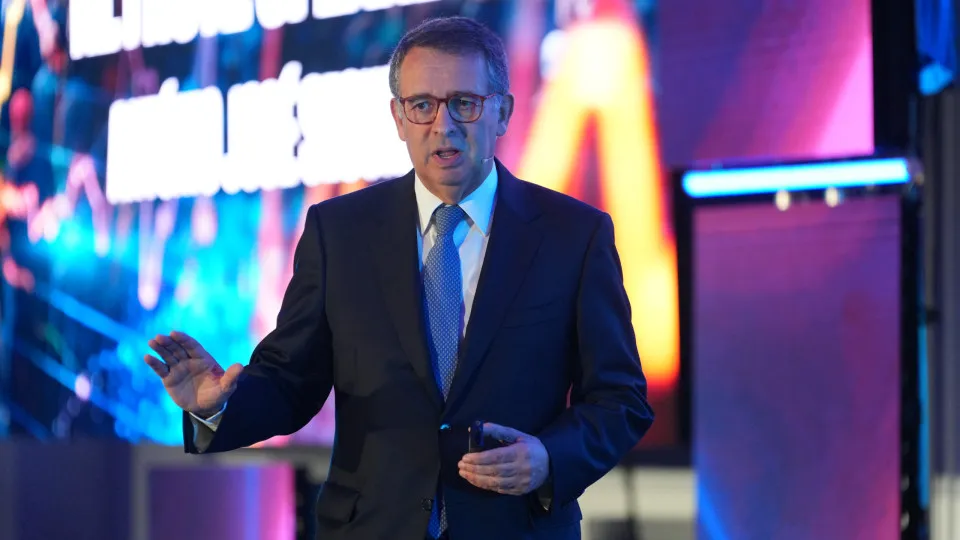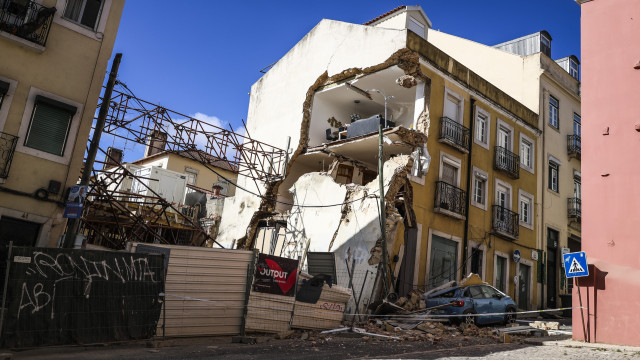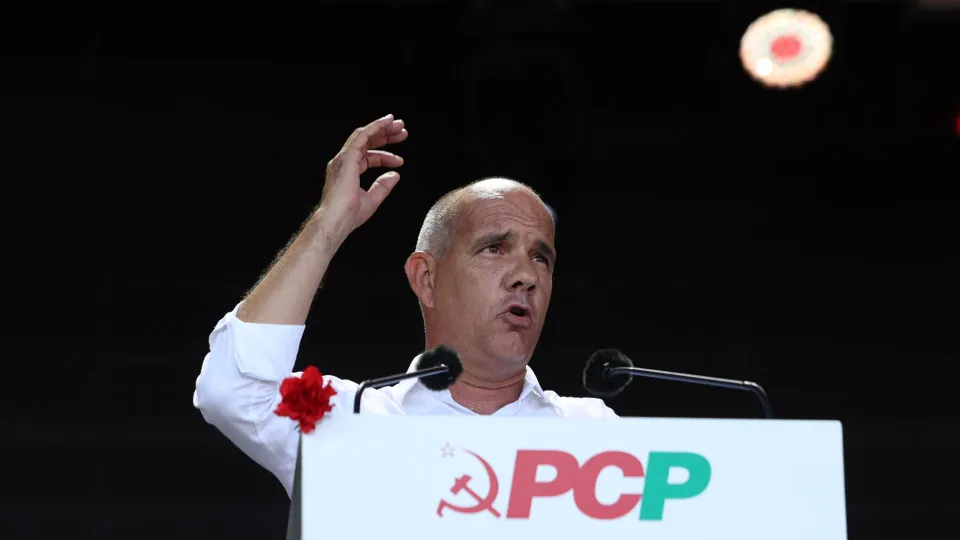
“The next President of the Republic might have to be someone who finds more joy in the results they promote and achieve, and who inspires, rather than in the number of news reports about them on the daily newscasts,” he stated.
The former Secretary-General of the PS was speaking in Peniche (district of Leiria) during an address at the Campus da Liberdade 2025 event, organized by the Instituto +Liberdade.
“I believe that the President of the Republic should act discreetly to be more effective, but also must speak at the right time and place when it is necessary to address the nation. Additionally, I believe the President of the Republic has a significant amount of work ahead in the coming years, although it might not always be visible,” he added.
Responding to questions from several young people for about half an hour, the presidential candidate for the upcoming election, António José Seguro, suggested that a head of state “should focus a significant part of their, often discreet, actions on solving issues of a structural nature that cannot be resolved with mere temporary solutions.”
“They require different types of approaches, commitments, and consensus. Having engaged in such activities in the past, particularly when I chaired the parliamentary committee on Education or led the reform of the European Parliament, I am familiar with politics both from within and from an academic standpoint. I believe I possess the necessary political and personal characteristics to foster those commitments and consensus,” he noted.
The socialist highlighted that there is a “governability and representativity problem” within politics, noting that until 2019 there were elections “almost every four years,” and since then, “the average has been every year and a half.”
“It’s impossible to govern a country in this manner. So, in terms of change, we either operate within the constitutional system and political system, modifying some rules or adjusting them, but we should also address political culture,” he stated, emphasizing the need to “end trench culture and embrace a culture of compromise” in the name of the country.
“I do not ask parties to abandon their beliefs, ideas, or proposals. None of that; they are very valuable. But I am asking whether, on specific issues, they can pool their solutions so we can resolve them and make the necessary changes in Portugal,” he said.
The aspiring President expressed a preference for “lasting agreements, with enduring policies that do not change with every new government, or even within a minister’s term in the same government,” nor based on “personal or party whims,” as “the country needs a project.”
António José Seguro also mentioned that the rejection of the State Budget should not “automatically lead to the dissolution of parliament” and argued that “the role of the President of the Republic, especially during these times of political fragmentation, is to prevent problems, not react to them.”
Regarding the possibility of swearing in a government that included Chega, Seguro remarked that his “responsibility is to uphold democratic rules and respect the will of the Portuguese people,” aspiring to be “a President for all Portuguese people, a uniting President.”
When asked about constitutional revision, the presidential candidate stated that it is not a priority at this time.




